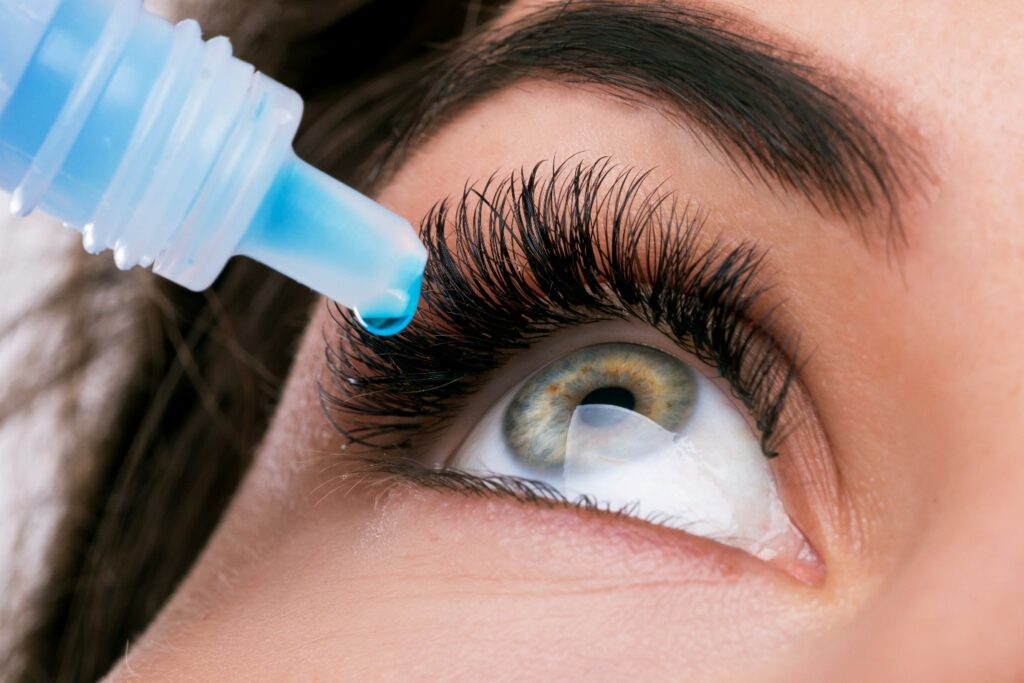Dry eyes are common in winter because of lower indoor humidity, high winds, and other factors. People who undergo eyesight correction procedures may experience dryness as a side effect, while others wonder whether it affects their eligibility for procedures such as laser vision correction or cataract surgery: It often does not. While dry eye syndrome, otherwise known as keratoconjunctivitis sicca, can be a nuisance, it is avoidable
Why You May Have Dehydrated Eyes
Dryness is the absence of a combination of water, fatty oils, and mucus, otherwise known as tears. Your eyes will be dry if any one of these is off balance. Spending too much time in front of a computer screen, excessive alcohol consumption, taking certain medications, air conditioning, contact lens use, and a variety of health conditions can lead to dry eyes. Common symptoms include eye fatigue, intermittent blurred vision, stinging/burning sensations, pain and redness, and decreased tolerance to visually intensive activities such as reading.
How to Hydrate Your Eyes
Preventing dry eye requires keeping your eyes hydrated. You can do this by:
- Increasing indoor moisture levels: Humidifiers add water to the air, which can help keep your eyes moist. A lack of humidity, which is common when people rely on indoor heating, can make your eyes dry.
- Taking a break: Spending hours staring at a computer screen can strain your eyes, causing fatigue and dryness. Every now and then, stop and close your eyes. Keeping them closed for longer periods slows down evaporation and helps retain moisture.
- Staying nourished: In addition to drinking plenty of water, it helps to consume omega-3s and other fatty acids. These can contribute to improved eye health. You’ll find these helpful nutrients in walnuts and seeds like flax, chia, and hemp and fish such as salmon, tuna, and snapper, as well as scallops.
- Wearing wrap-around sunglasses: By wearing sunglasses in the winter—they’re not just a summer thing—you can protect your eyes from the wind, cold, and light reflected from snow and a lower sun angle.
- Making your office more ergonomic: Watch your posture and make sure your computer screen is slightly below eye level. An ergonomic chair helps. Don’t use bright overhead lights and adjust the contrast and brightness of the screen so it’s comfortable to read.
- Turning down the heat: Set the thermostat as low as possible so you’re still comfortable and there’s less heat to affect your eyes.
- Using eye drops: Lubricating eye drops, which are not a substitute for real tears, can help. You can find different brands at your local pharmacy, and they’ll provide immediate, although temporary, relief.
Contact ADV Vision Centers
At ADV Vision Centers, we can provide permanent solutions to dry eyes caused by correctable problems. Contact lenses can draw tears away from the eye’s surface. Fortunately, we offer solutions such as corrective eye surgery that can help. Make an appointment with an ophthalmologist near you by calling 805-987-5300. We’re conveniently located in San Luis Obispo, Santa Maria, and Paso Robles, CA.









